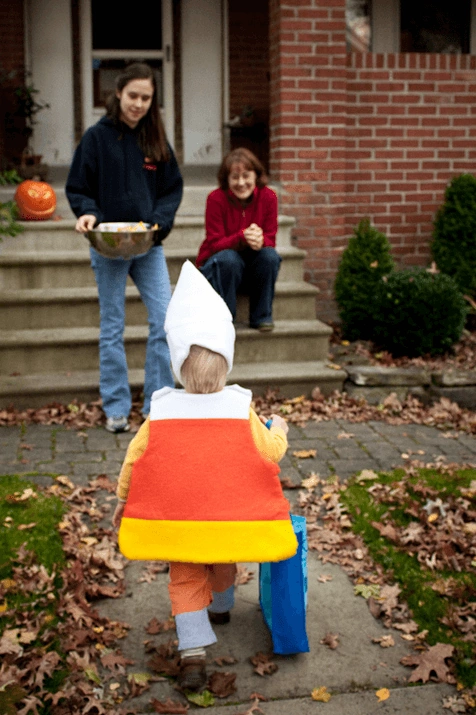
Thing of "good" as being love in action. It involves usefulness -- and the intention on our part to do what is good. We do what is good when the Lord, charity and faith are present inside us. Good is linked closely with truth in a relationship so close and mutually supportive that we can best conceive of it as a marriage.
The process of becoming a "good" person involves inviting the Lord into one's life and trying to live according to His will instead of according to our own selfish will. We can work to love as the Lord loves, and the closer we get the more we are "good" - the more we will desire to be good, delight in what is good, actually do what is good, and live in peace, harmony and joy both in this life and in heaven.
Learning to love as the Lord loves, of course, is not a matter of saying a little prayer and being changed, nor is it a matter of simply deciding or force of will. As anyone who has mooned over an unrequited romance knows, our loves are simply not changed that easily, and indeed seem largely out of our control.
Consider, for instance: say you are in desperate need of money, and see a man drop his wallet as he climbs into an expensive car and drives away. You pick up the wallet, and find several thousand dollars there. The fact is, at that moment you (unless you are a better person than 99.9 percent of us) really really want to keep that money. You might not do it. You know what's right, and you may well make yourself do what's right. But you can't just change that "want" and make it go away. You don't have that kind of control.
So how can we actually become good? The answer is what the Writings refer to generically as "truth." From the time we are small children we are constantly learning what's right and wrong and being forced to apply that knowledge. Over time those ideas get deeper - from "don't hit other children!" to "you need to think about what makes other people happy" to "love your neighbor as yourself" - but they all to some extent run contrary to what we want. Consider that wallet: the reason most of us would call the guy and give him his money is that we know it's the right thing to do, even though it's not really what we want to do.
If you think about it, those truths - those ideas of right and wrong - come into use from the outside, and sort of work their way from outer layers of our minds ("don't hit other children!") to deeper, more thoughtful ones ("love your neighbor as yourself"). The Writings tell us that even as we are absorbing truth from the outside, the Lord is secretly planting desires for good in our souls, in the inmost levels that we're not even aware of. Among the most important of these desires is, in fact, the desire for truth, which urges us to gather and accept that truth coming to us from the outside.
As we build that storehouse of knowledge, we come to the key decision point (or a lifelong series of decision points, really). We can decide to embrace that truth, to determine for ourselves that we want to do what's right because it is right. Or we can ignore it and wallow in our base desires.
If we do the former - determine to follow what's true - that truth crosses from the exterior parts of our mind to more interior ones. And in the more interior areas it can mix with the desires for good the Lord has hidden away there.
And then what happens? The Writings have some beautiful passages about how good loves truth, how it will seek it and embrace it, fill it with life and make it its own. This is a little hard to imagine, but consider falling in love with someone. Don't you want to know everything about him or her? Don't you want to know every little thing that makes him or her happy so you can provide it? Your desire to love embraces truth so it can put love into action. Much the same happens with the desires for good inside us and the attendant truths - the good desires seek the real truths, the ones that fit, and make them their own.
This does not, of course, happen all at once in every aspect of our being. It is the work of a lifetime and entails many battles with the evil desires that pollute our souls. But the process can be increasingly joyful, and the end result is spectacular - eventually the desires for good will be so empowered that they can actually take the lead role and extend out to the outermost parts of our minds. In that state we no longer even want what's wrong; our joy of life is in doing what's good. This, of course, is the state that angels enjoy in heaven.
(റഫറൻസുകൾ: Arcana Coelestia 2875; The Doctrine of Life for the New Jerusalem 1)





